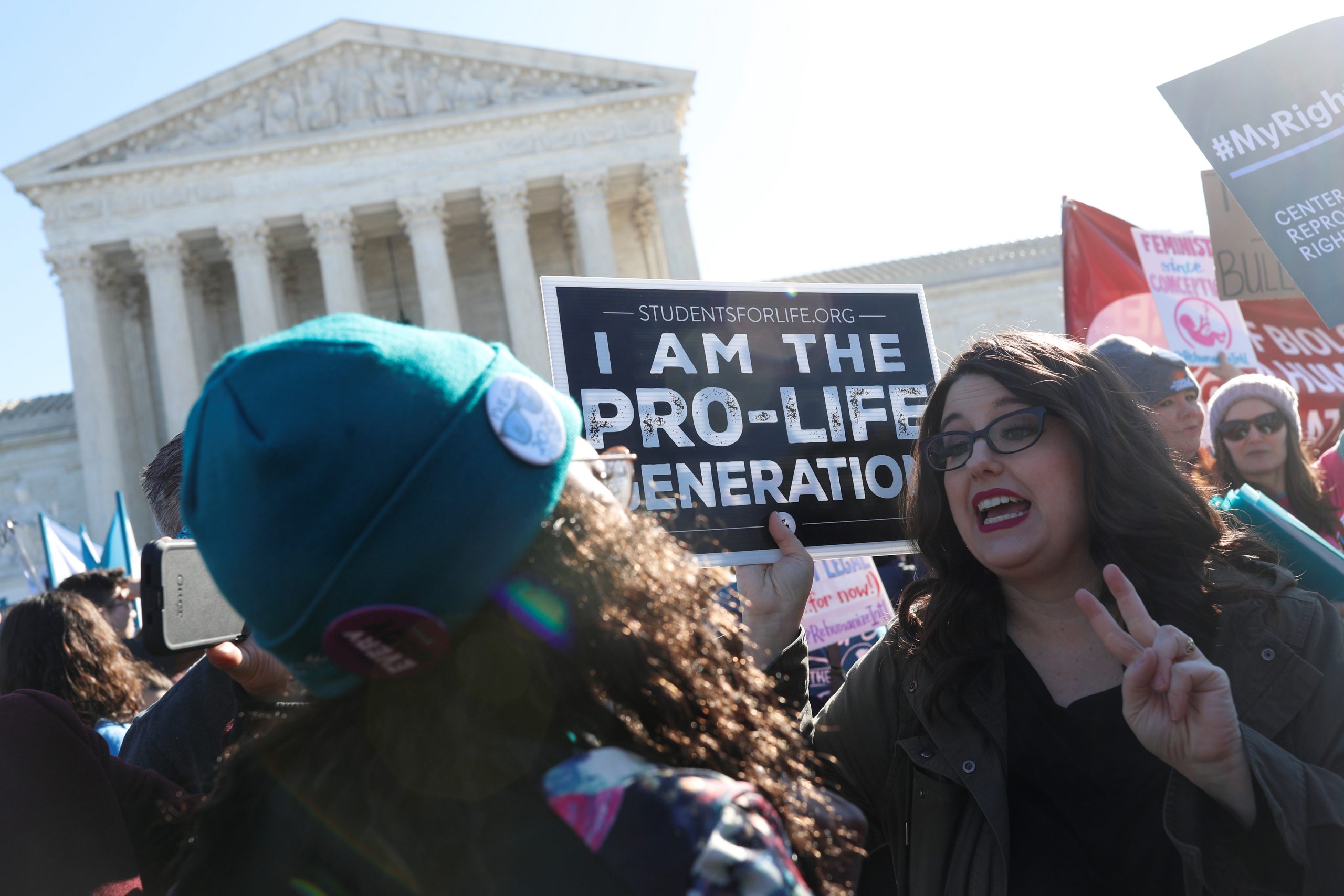Some of the most hypocritical rhetoric about women’s rights comes from organizations and nonprofits that base their entire marketing around the lie that they support women. One of the things working women need most is paid maternity leave, and hardly any companies, liberal or conservative, are offering that.
Planned Parenthood, where I worked for eight years and where almost a third of all abortions in our nation are done, was called out by The New York Times in 2018 for pregnancy discrimination against employees and its lack of paid parental leave.
When I became pregnant while working at Planned Parenthood, my supervisor told me I could get it “taken care of” because a baby could have a negative effect on my job performance.
This isn’t surprising given that the organization makes money directly off of women who are facing a lack of paid leave from their jobs. Yet Planned Parenthood’s mantra is always about helping women. If that is true, then they would be offering the best paid maternity leave policy to their employees. They don’t.
I run a small nonprofit that helps get abortion workers out of the industry to find new, life-affirming jobs. I also offer my employees a full 12 weeks of paid parental leave when they have a baby or adopt. They also have paid leave if they have a miscarriage.
Creating and implementing this policy was at the top of my priorities when I started my ministry because I wanted to show that I care deeply about the people who work for me, that I value them as human beings, that I know they need that time to bond with their baby or grieve a loss and will come back rested and ready to get back to our life-saving work.
It’s no secret I am a pro-life, conservative woman, mother and wife. This really shouldn’t matter in the debate over paid parental leave, but it does. I am choosing to put my beliefs into action in a concrete and tangible way. I support women and want the best for them, which translates to taking care of a crucial need for them when they have a baby.
Every single company, organization and nonprofit that claims to care about women or promote traditional family values or that is pro-life needs to be an example to the world and have a generous paid family leave policy in place for their employees.
Working mothers make up nearly a third of all women in the workforce, and 23.5 million of them have children under 18, according to the Census Bureau. The United States is the only country in the world classified as high-income by the World Bank that lacks a paid maternity leave program. This is shameful.
It gets worse. According to the Bureau of Labor and Statistics, only 17 percent of civilian workers have access to paid family leave. And within two weeks of giving birth, 25 percent of moms go back to work. That is terrible on such a deep level. Most moms are still physically in pain at that point, their hormones are on a roller coaster, none are sleeping through the night, many are nursing.
Even if companies have some kind of leave policy for new moms, it’s often unpaid leave or the mother will use paid sick time and vacation hours to cover whatever she can while she adjusts to being a good mother for her baby.
Empowering women isn’t forcing them to go back to work two weeks after having a baby. I have heard horror stories from my own friends who have had to cobble together a few days here and there to cover maybe a week or two of paid leave after giving birth and then forfeited a few more weeks of unpaid leave just to heal in order to be strong enough to go back to work.
Even women who have long worked in the professional world have stories of becoming pregnant and being given hardly any workable options for taking time off after the birth of their baby. It was like all their work meant nothing once they got pregnant and became a mother.
The Cato Institute has found that 74 percent of Americans support a paid parental leave program. Of course, the lynchpin in this whole debate will go straight to money and who pays for the time off.
My little nonprofit manages to fund 12 weeks of paid leave for my employees. I think big corporations can manage to do the same. It’s more than money, though. This is a conversation about the worth of a mother.
How much is that mother worth to an employer?
How much is a business willing to encourage new moms to bond with their babies, to heal their bodies and to get the rest they need before coming back to work? That should be the question.
This article appeared originally on The Western Journal.

























 Continue with Google
Continue with Google